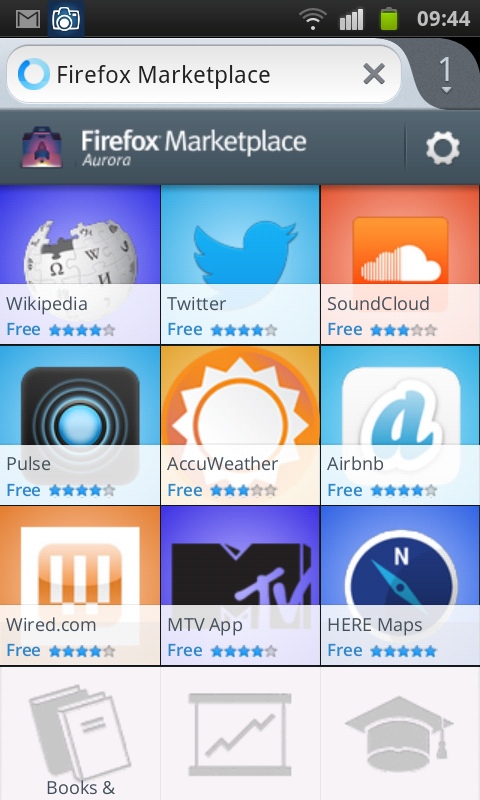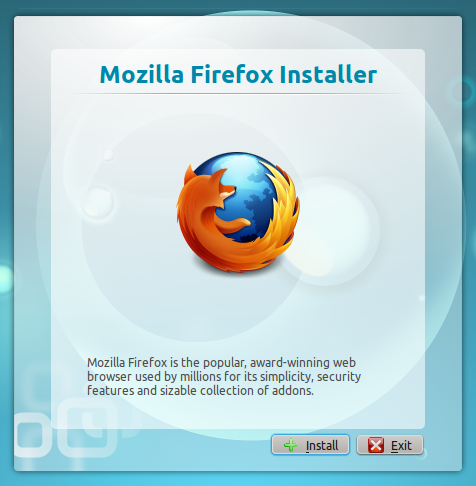Firefox alternatives
For many people, the release of Firefox 29 unto the market signified a symbolic death of Mozilla’s flagship product, the Firefox browser. The specific edition came out with looks barely indistinguishable from Chrome, and with a big drop in UI productivity. As a result, a large number of Firefox users started prowling the Web, searching for alternatives. In this article, I’ll try to provide some, without linking to my rather R-rated review of Firefox 29 and the tutorial on how to transform it into a usable application. You can search for those, if you like. We will be focusing entirely… Continue Reading




